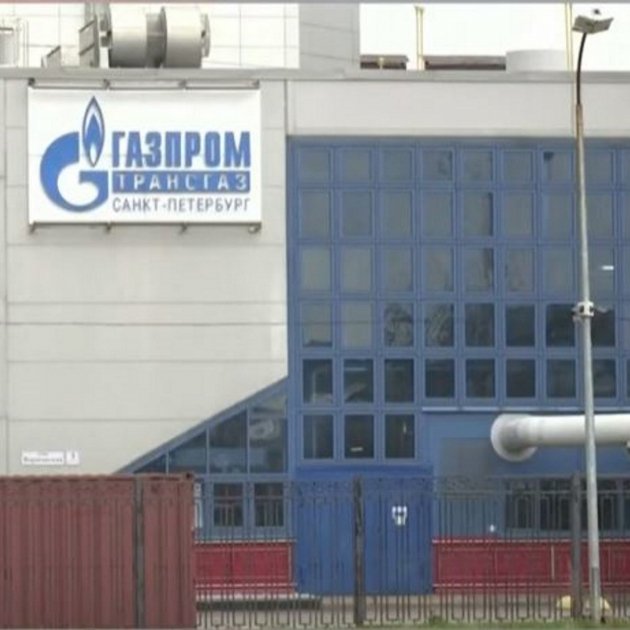Russia is simply burning off the natural gas that it is not sending to Europe, explained the German ambassador in the UK, Miguel Berger, to the BBC. The Portovaya gas plant, north-west of Saint Petersburg, compresses the Russian gas which is destined for Europe. The Kremlin has reduced the supply going westward to 20% of what it was and is, in effect, putting a match to the rest. In economic terms, it is burning gas worth about 10 million euros every day. According to ambassador Berger, the Kremlin is doing this because "they were unable to sell the gas to any other country."
This means that about 4.34 million cubic metres of gas are burned every day, via a flare system, according to data from Rystad Energy. It is a product that, under normal conditions, would have been sold in Germany.
Henning Gloystein, director of Energy, Climate and Resources at Eurasia Group, has also given his opinion. "In normal times, much of this gas would have been used to feed the pipeline network and sold to Europe. As Russia dramatically cut supplies to Europe, the gas initially went into Russian domestic storage. It is likely that now the storage tanks are full, so the gas has nowhere to go, and they are therefore burning it," he affirmed.
The first signs that something was happening came from Finland, when members of the public noticed long plumes of smoke earlier this summer. Although flaring gas is common at processing plants, usually for technical or safety reasons, the sheer amount used in this flaring surprised experts. The German ambassador to the United Kingdom concluded that European efforts to reduce their dependence on Russian gas "are having a major effect on the Russian economy". "They have no other places to sell their gas, so they have to burn it," he insisted.
However, scientists are concerned about the large volumes of carbon dioxide and soot that the burn-off is creating, to the extent that it could exacerbate the melting of Arctic ice. It is estimated that every day, 9,000 tons of carbon dioxide are emitted, which could become an environmental disaster.
Gazprom, the state-controlled Russian energy giant that owns the plant, has not responded to requests for comment from the British public broadcaster on what is happening. Scientists say the financial and environmental costs are mounting with every day that the flare continues to burn. "While the exact reasons for the blaze are unknown, the volumes, emissions and location of the blaze are a visible reminder of Russia's dominance over Europe's energy markets," said Rystad Energy's Sindre Knutsson.
The soot particles that result from the incomplete combustion of fuels such as natural gas are called black carbon. "Emissions of black carbon to the north, where it is deposited on snow and ice, significantly accelerates melting," professor Matthew Johnson of Carleton University in Canada told the BBC.
